Ukrainian President Volodymyr Zelenskyy has dismissed reports that he fears Donald Trump, saying he maintains a “normal” and “businesslike” relationship with the US president despite tensions surrounding their past meetings.
In an interview with The Guardian, Zelenskyy said he was not afraid of Trump “like everyone else in the world,” insisting that Ukraine and the United States remain “friends, not enemies.” When asked directly whether he shared the apprehension many leaders reportedly feel toward Trump, he replied, “No … we are not enemies with America. We are friends. So why should we be afraid?”
‘Good relations’ with Trump
Zelenskyy rejected claims that his last encounter with Trump in Washington turned volatile. Media reports had suggested that their October meeting at the White House where the Ukrainian president sought US Tomahawk cruise missiles was marked by confrontation. Some accounts claimed Trump tossed maps aside during discussions about the battlefield situation.
“He didn’t throw anything. I am sure,” Zelenskyy told The Guardian, describing their interaction as “constructive” and “businesslike.” He said that while the two leaders may have differing views, their dialogue remained professional.
The Ukrainian president also credited King Charles III with helping to strengthen communication channels with Trump. Calling the British monarch “very supportive” of Ukraine, Zelenskyy said the King had played a helpful role in shaping mutual understanding during earlier phases of the war.
Trump’s warning and the backdrop of ongoing conflict
Zelenskyy’s remarks come as the Financial Times reported earlier that Trump, during a recent White House meeting, urged him to accept Russia’s terms to end the war, warning that President Vladimir Putin would “destroy” Ukraine otherwise. The suggestion underscored growing uncertainty over how a potential Trump return to the White House might alter Western support for Kyiv.
Trump has long been vocal about re-evaluating US involvement in the war, often claiming he could broker a peace deal “within 24 hours.” Zelenskyy’s latest comments, however, suggest that Kyiv views continued US partnership as indispensable, regardless of political shifts in Washington.
Meanwhile, fresh wave of Russian missile and drone strikes targeted the country’s energy grid, triggering widespread blackouts.
Authorities said around 100,000 residents in the northeastern Kharkiv region remained without electricity, water, and heating after the attacks. Restoration Minister Oleksiy Kuleba said efforts were underway to restart damaged equipment but warned that full recovery would take time.
Impact Shorts
More ShortsEnergy Minister Svitlana Grynchuk described the onslaught — which killed at least four people — as “one of the most difficult nights” for the energy sector since the war began. In Poltava, one of the hardest-hit regions, power was mostly restored by Sunday, though several districts remained in the dark due to damaged transformers and substations.
A war of attrition against civilian infrastructure
Since full-scale Russia-Ukraine war began nearly four years ago, Moscow has made Ukraine’s energy and heating networks a recurring target. Hundreds of drones and missiles have been launched in recent months against critical facilities, in what officials describe as a deliberate effort to weaken civilian resilience ahead of winter.
Ukraine’s state energy operator, Ukrenergo, implemented rolling blackouts in most regions to stabilise the grid. Officials warned that similar disruptions could continue throughout the cold season if Russian attacks persist.
The sustained strikes have destroyed or severely damaged large portions of Ukraine’s power infrastructure, leaving millions vulnerable to outages. According to Kyiv authorities, the latest wave of assaults followed a familiar pattern, concentrated nighttime barrages on energy plants, substations, and heating systems.
With inputs from agencies


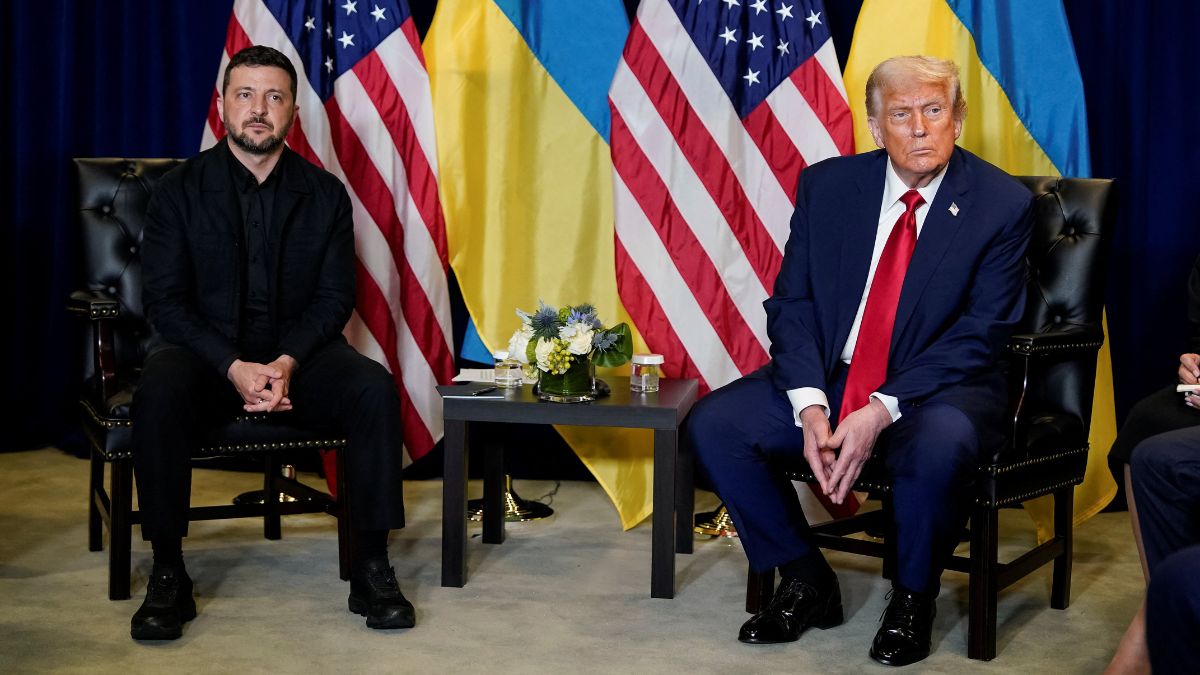)
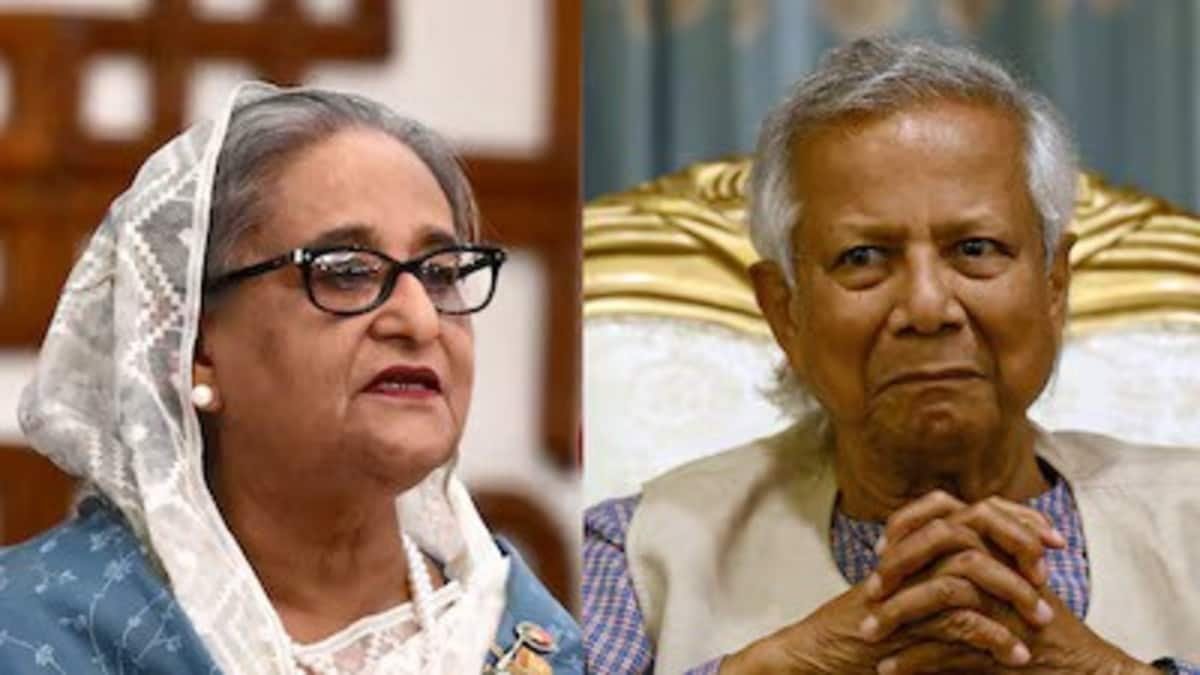
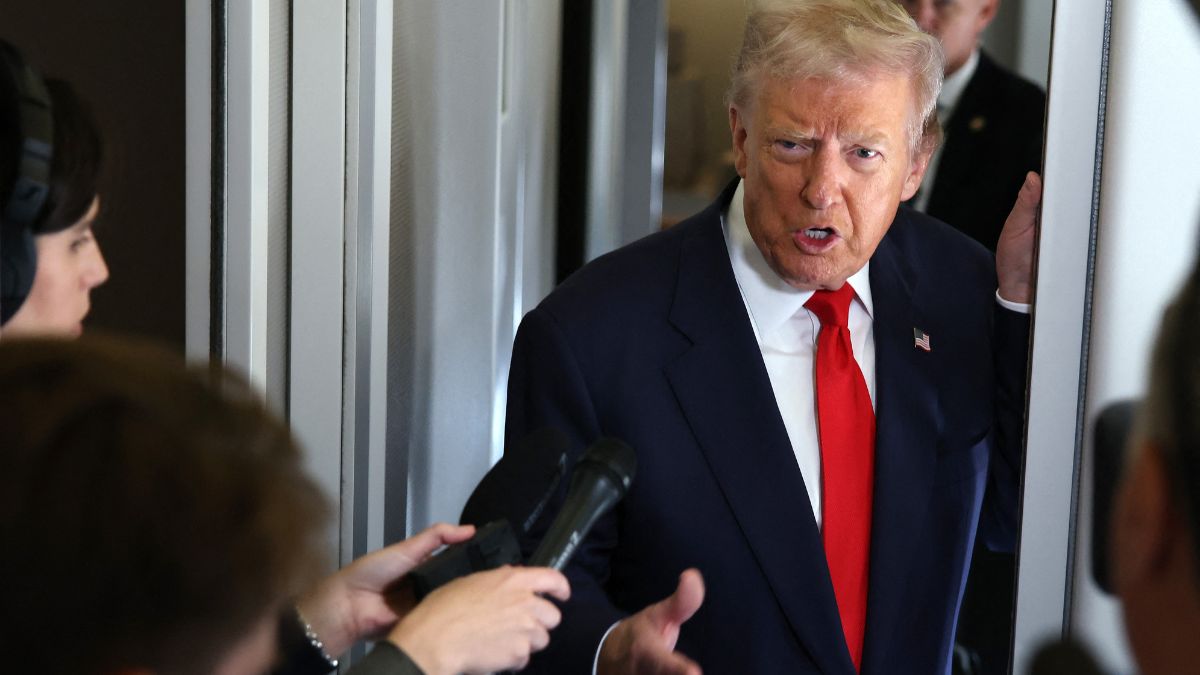)
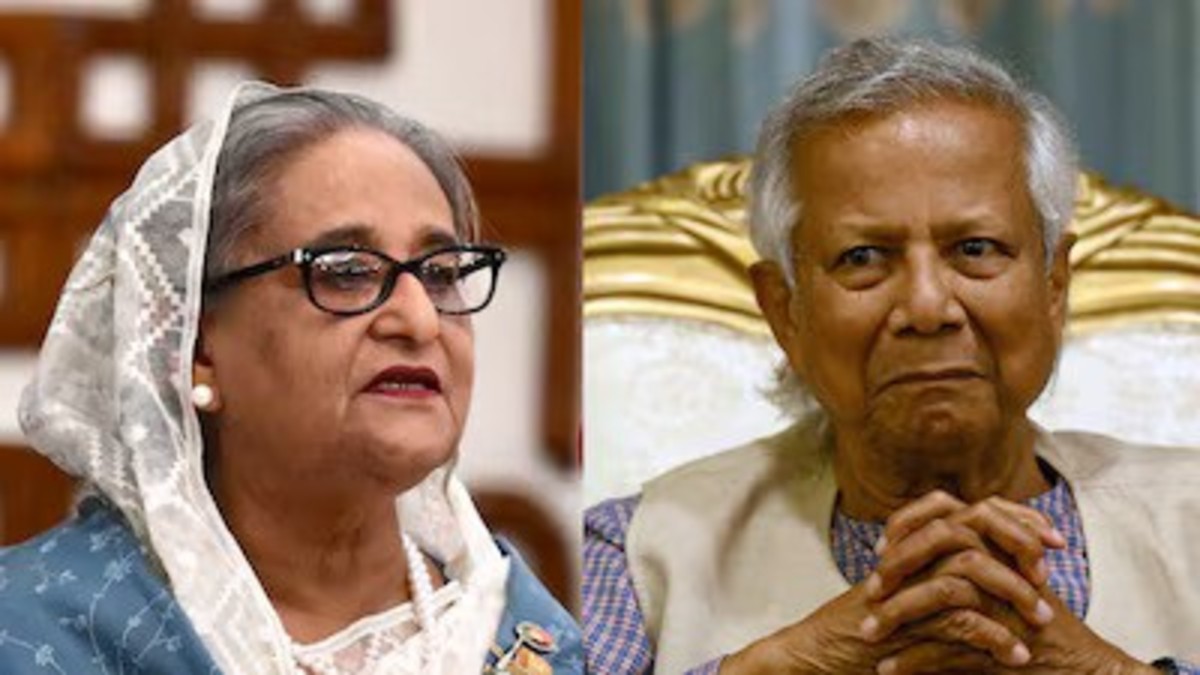)
)
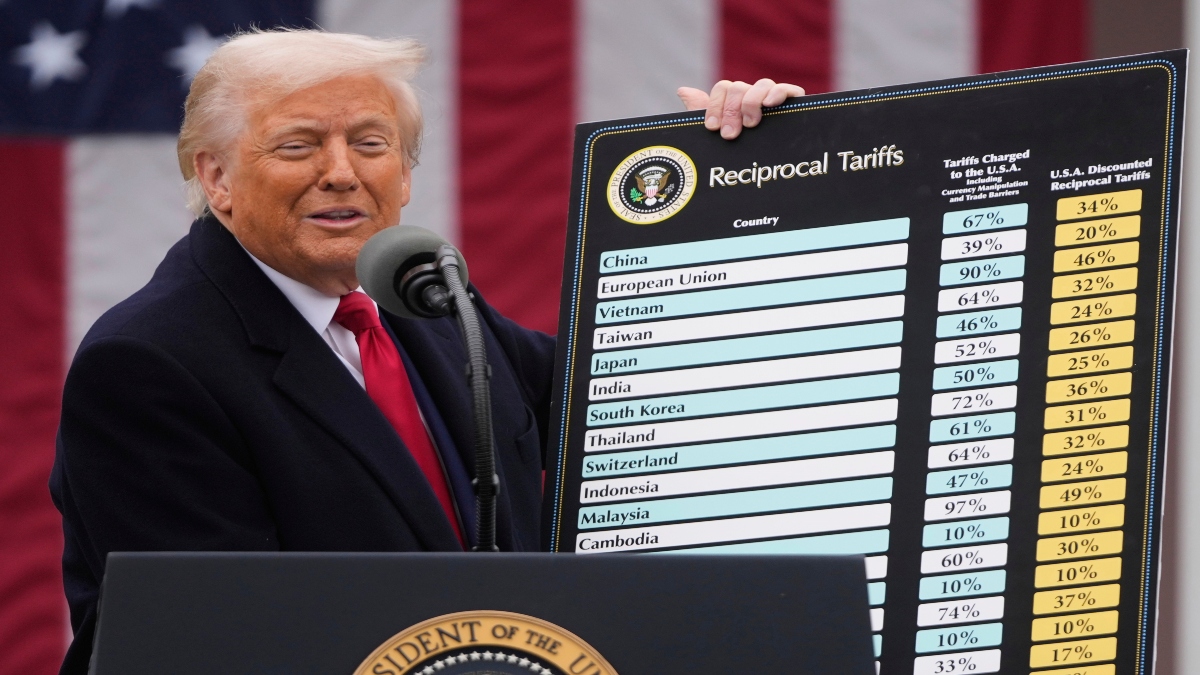)
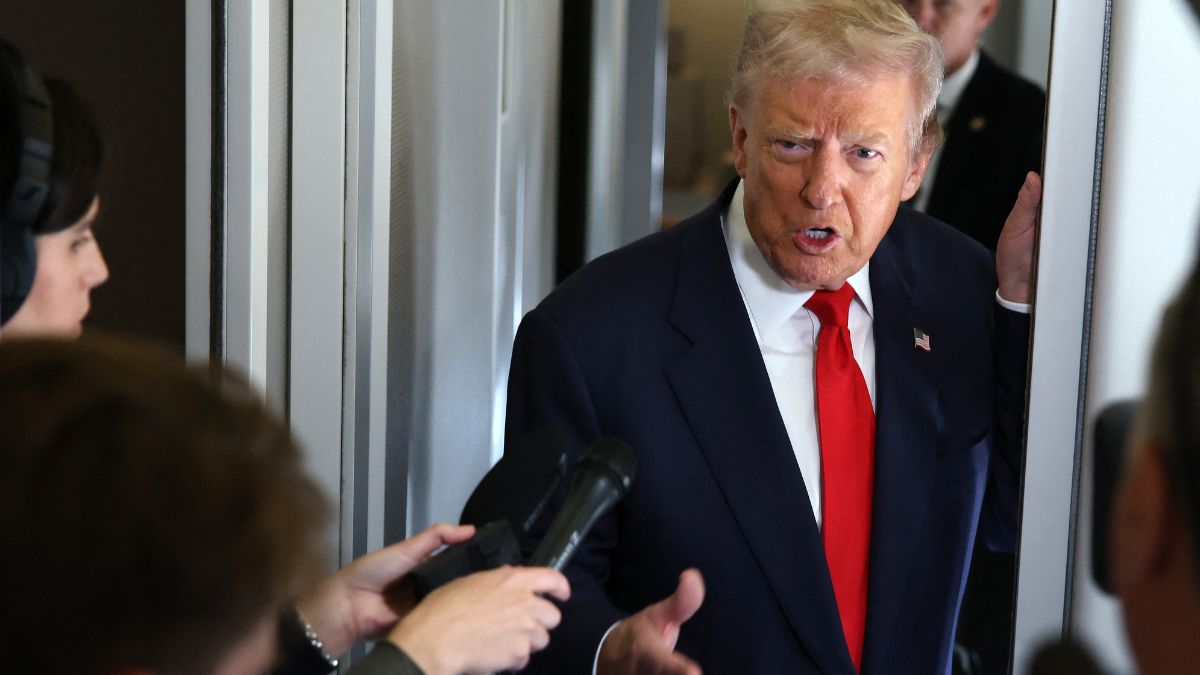)
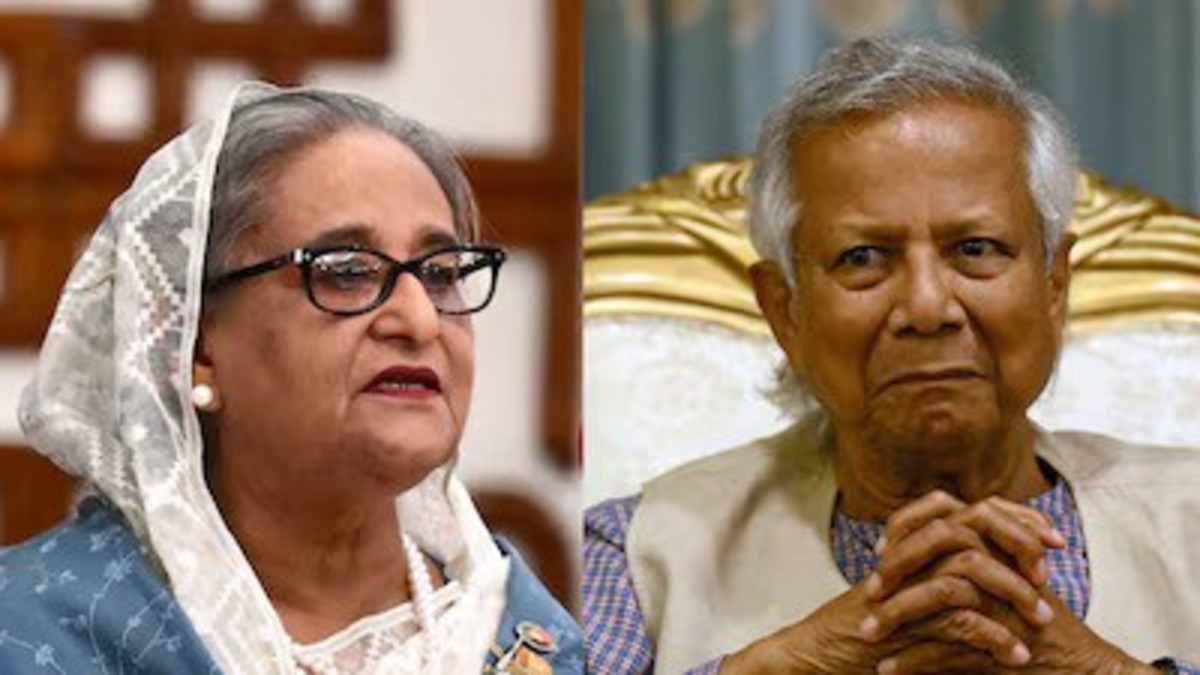)
)
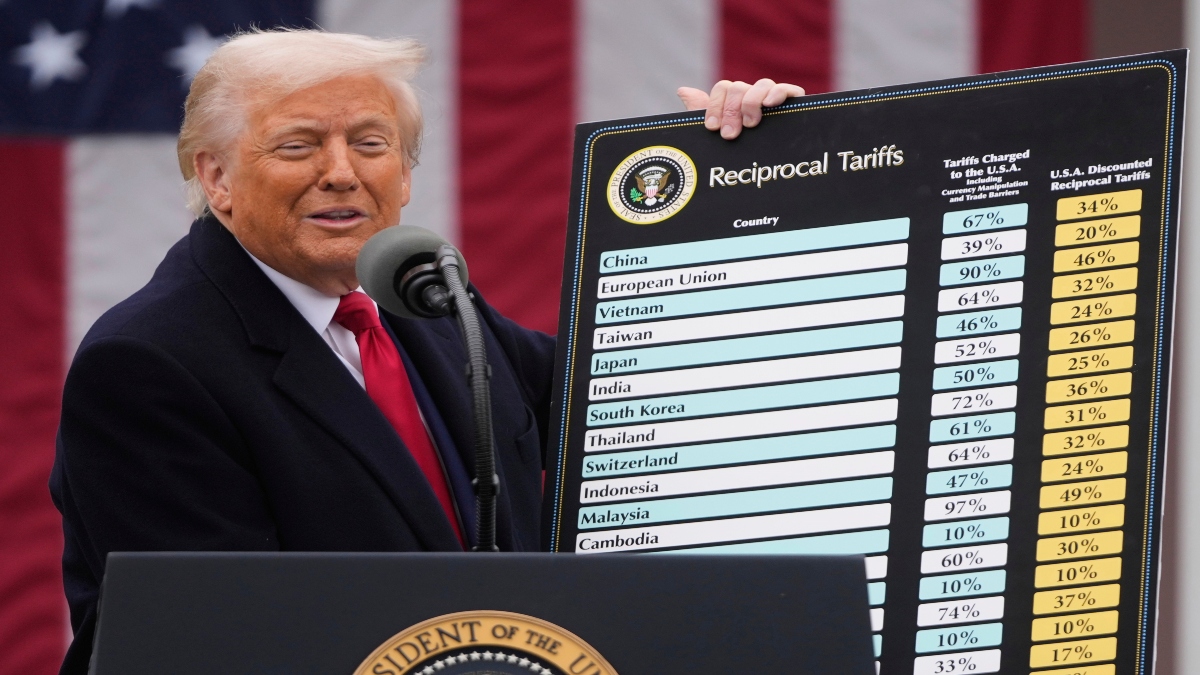)



